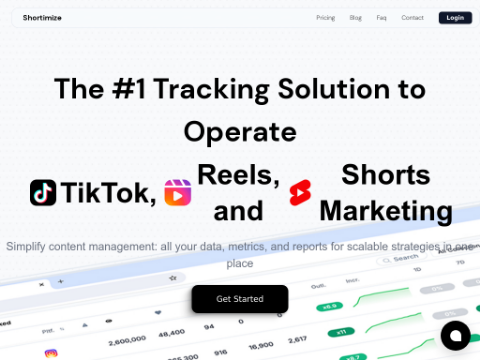Meta Platforms has created compact versions of its Llama AI models that run seamlessly on smartphones and tablets, unveiling new avenues for AI applications beyond traditional data centers.
Today, Meta announced compressed versions of the Llama 3.2 1B and 3B models. These new editions deliver a fourfold increase in execution speed while reducing memory usage to less than half of previous versions. Meta's testing shows that these compact models perform almost identically to their larger counterparts.
How Meta Facilitates the Operation of Large Language Models on Mobile Devices
This breakthrough is due to a compression technique called quantization, which streamlines the mathematical operations that drive AI models. Meta combines Quantization-Aware Training with Adapters (QLoRA) to maintain model accuracy, and introduces SpinQuant technology to enhance model portability.
This technology addresses the challenge of running advanced AI models without the need for powerful computational resources. In the past, complex AI models relied on data centers and specialized hardware.
Testing on the OnePlus 12 Android smartphone showed that the compressed models decreased in size by 56%, reduced memory consumption by 41%, and more than doubled text processing speeds. These models can handle up to 8,000 characters of text, sufficiently meeting the requirements of most mobile applications.
Tech Giants Compete for the Future of AI on Mobile Devices
Meta's latest release intensifies the strategic competition among tech giants for controlling how AI operates on mobile devices. Unlike Google and Apple, which have adopted cautious and controlled strategies, Meta has chosen a more open path.
By open-sourcing these compressed models and partnering with chip manufacturers Qualcomm and MediaTek, Meta has bypassed traditional platform gatekeepers. This means developers can build AI applications without waiting for Google’s Android updates or Apple’s iOS features. This move aligns with the open platform strategies of early-stage mobile applications, greatly accelerating the pace of innovation.
The collaboration with Qualcomm and MediaTek is particularly important because these companies power most Android smartphones worldwide, including devices in emerging markets that Meta identifies as having growth potential. By optimizing its models to accommodate these widely used processors, Meta ensures its AI operates efficiently on phones across different price ranges, not just high-end devices.
Meta's decision to distribute through both its Llama website and the influential AI model hub Hugging Face demonstrates its commitment to reaching developers in the areas where they already work. This dual distribution strategy could help Meta's compressed models become the de facto standard for mobile AI development, much like TensorFlow and PyTorch have achieved in the machine learning domain.
The Future of AI in Your Pocket
Meta's announcement today signals a major shift in the field of artificial intelligence: transitioning from centralized computing to personal computing. While cloud-based AI will continue to handle complex tasks, these new models suggest a future where smartphones can privately and swiftly process sensitive information.
Timing is crucial. Tech companies are under pressure regarding data collection and AI transparency. Meta's approach—making these tools open and running directly on smartphones—addresses both issues simultaneously. Your phone, rather than remote servers, will soon be able to handle tasks such as document summarization, text analysis, and content creation.
This mirrors other key shifts in the computing field. Processing power has moved from mainframes to personal computers, then from desktops to smartphones, and now artificial intelligence seems ready to transform on personal devices. Meta is betting that developers will adopt this change, creating applications that merge the convenience of mobile apps with the intelligence of AI.
However, success is not guaranteed. These models still require powerful smartphones to run effectively. Developers must balance the benefits of privacy with the robust computational capabilities of cloud computing. Meanwhile, Meta's competitors, especially Apple and Google, have their own visions for the future of AI on mobile devices.
But one thing is clear: artificial intelligence is gradually shedding its reliance on data centers, inching its way into smartphones.








